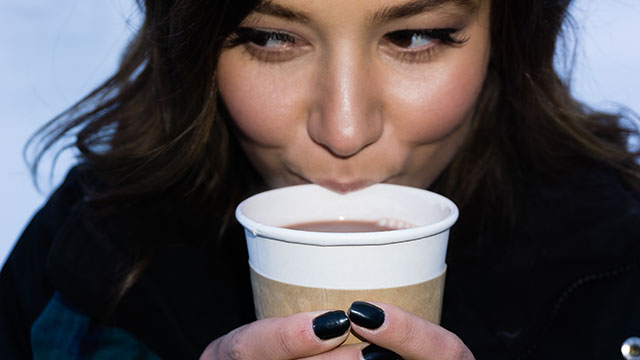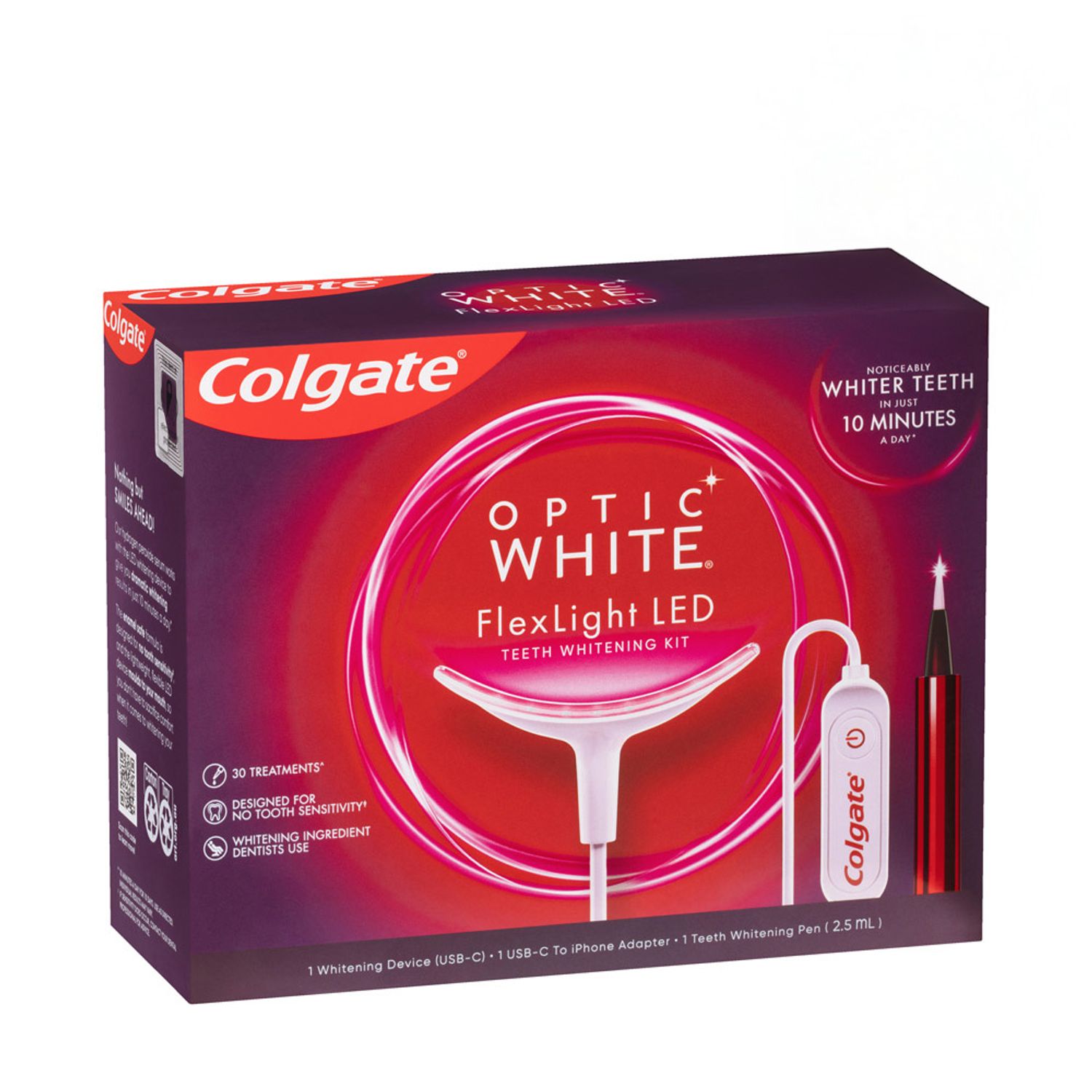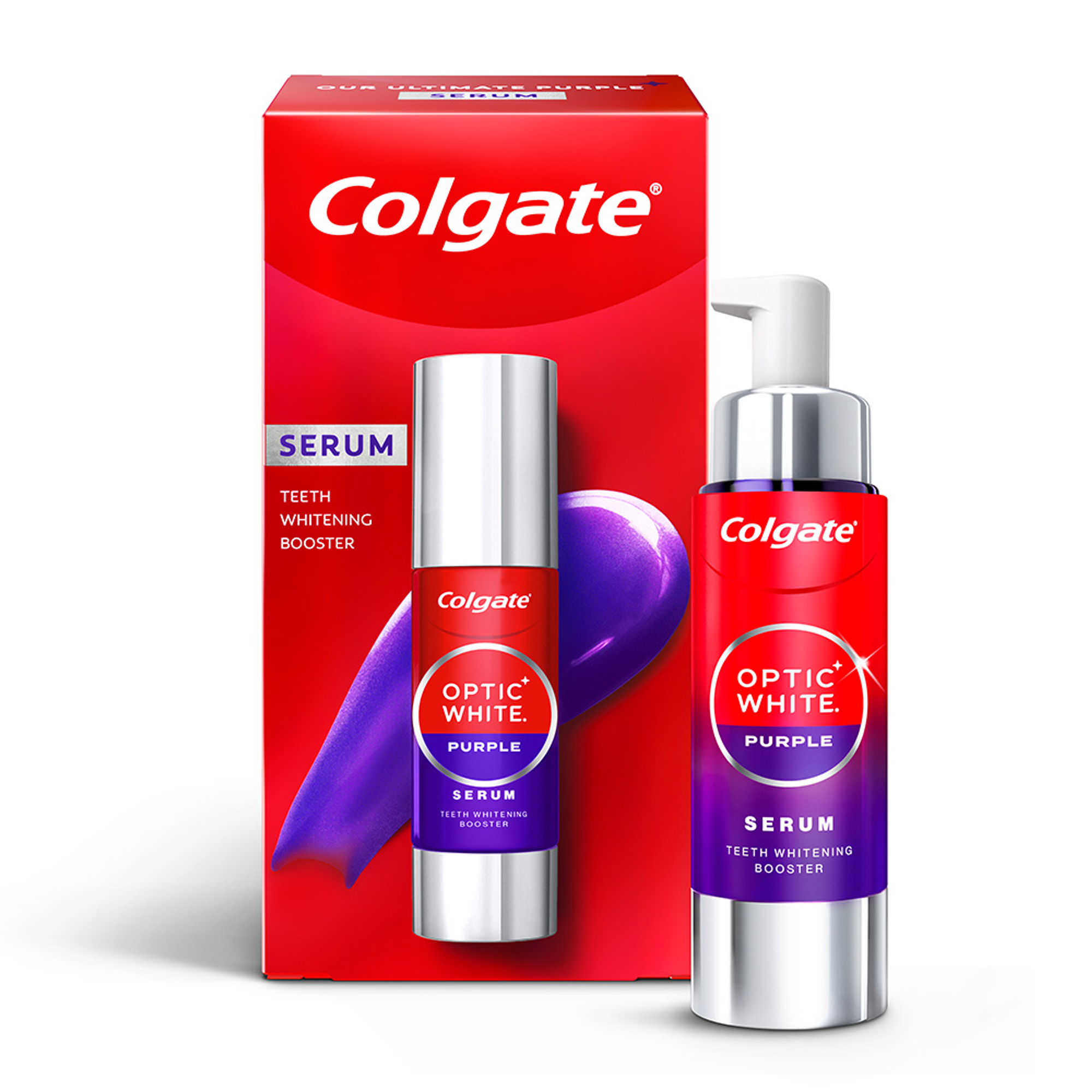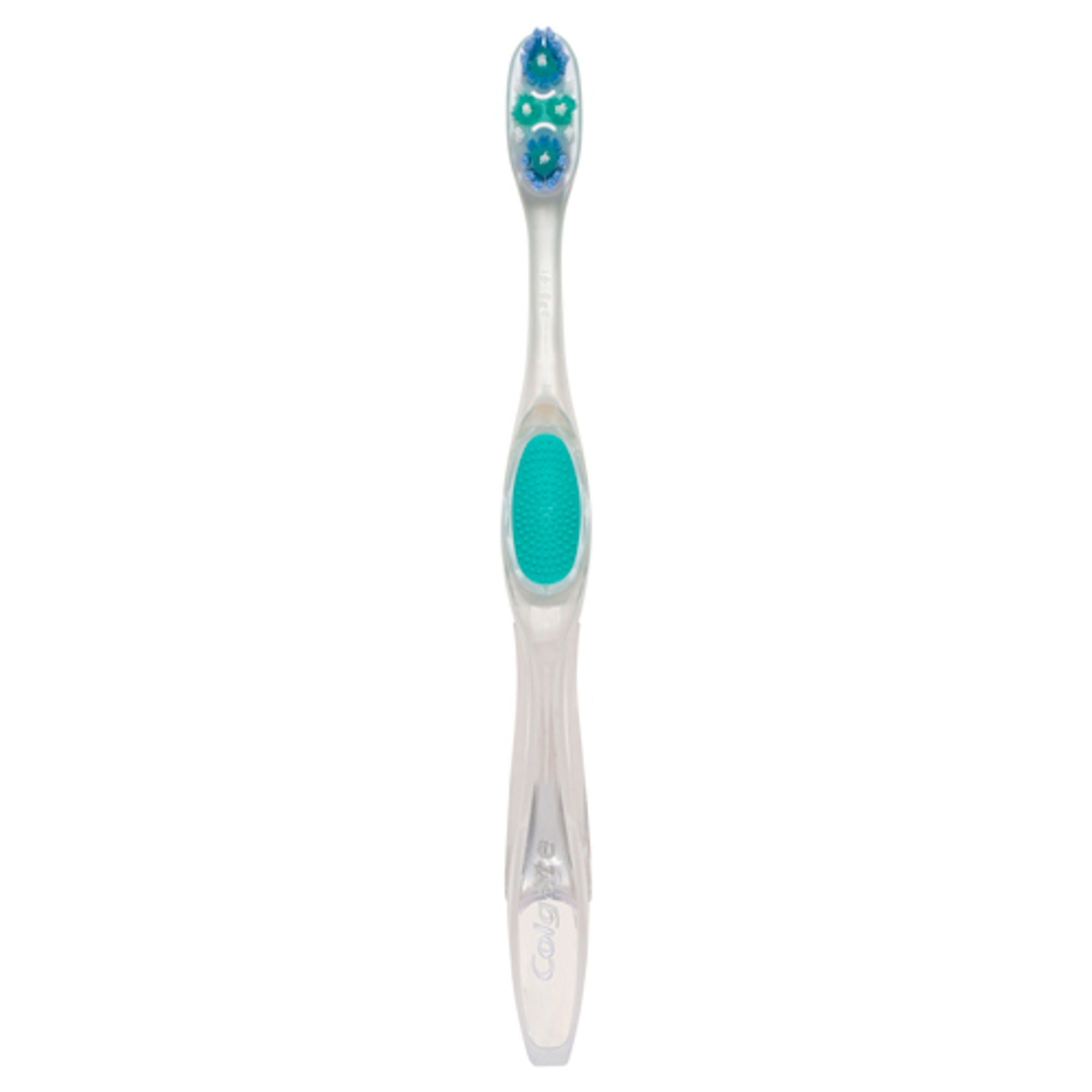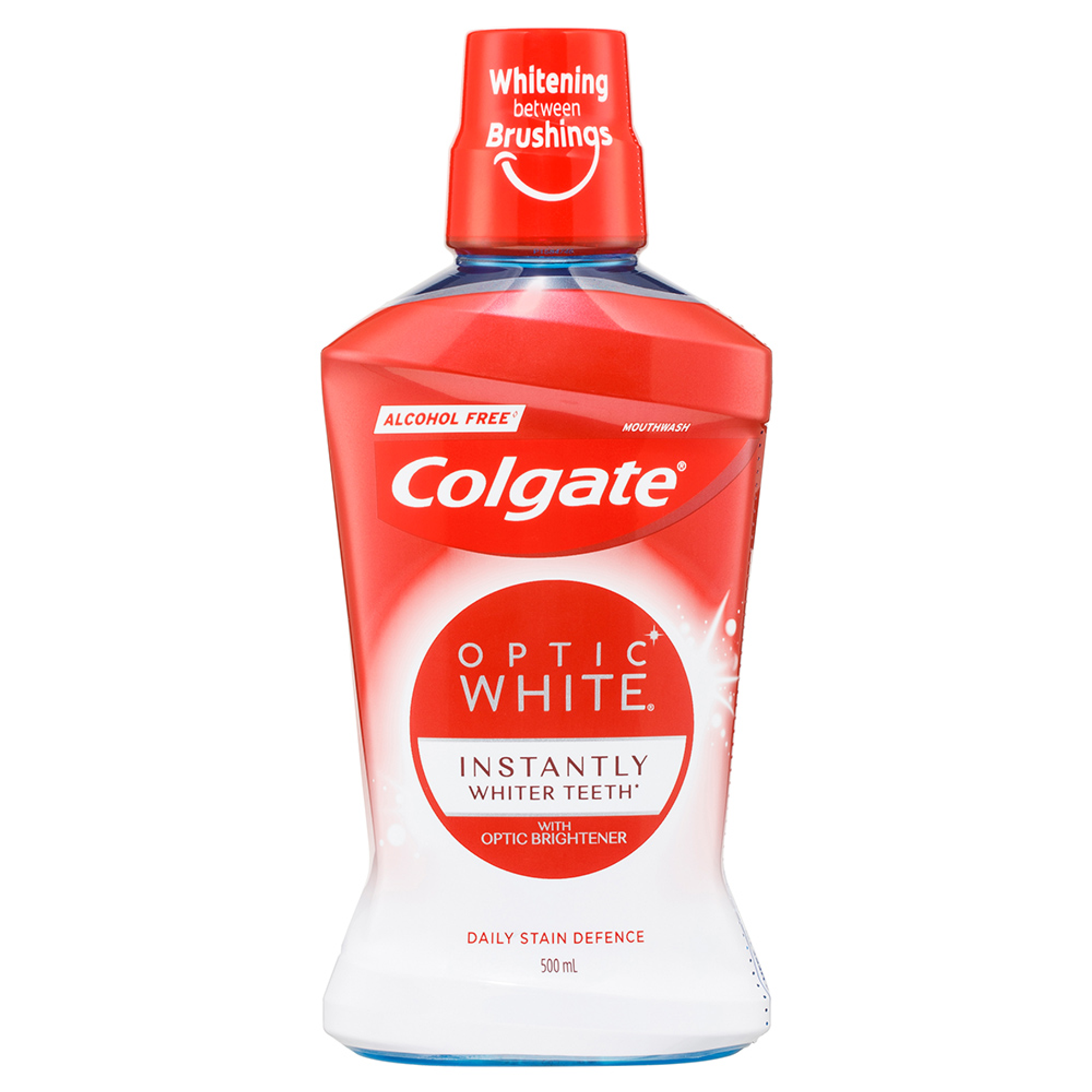Tea, coffee and red wine can all stain your teeth. And according to the Australian Dental Association, even eating a healthy diet can stain teeth over time. Luckily, though, teeth whitening technology is now better than ever. Effective treatments are readily available at your dental professional’s office and over-the-counter, to keep you smiling.
What causes stained teeth?
So how does coffee stain teeth? It all boils down to intense colour pigments called chromogens – but they’re not just in coffee. Coffee, wine and tea (among others) all contain chromogens that can alter the colour of your tooth enamel (the outer layer of your teeth). Whitening products bleach that outer layer by breaking the stains into smaller pieces with hydrogen peroxide or carbamide peroxide.
Other potential causes of stained teeth include:
- Genetics (tooth discolouration can be hereditary)
- Ageing
- Injury
- Illness
- Medications
- Tobacco use
- Fluorosis (a rare condition when children are exposed to too much fluoride)
How can you whiten your teeth at home?
There are various products available over the counter that can help you whiten your teeth at home.
- Whitening toothpaste
Every toothpaste has polishing ingredients that help remove stains from the surface of your teeth. However, there are whitening toothpastes that are specially formulated to polish and brighten your smile even more. - Over-the-counter bleaching products
Whitening strips and gel trays are available at local supermarkets and pharmacies that go beneath the surface stains and break up stains in your enamel. - Dentist-prescribed at-home whitening
Whitening agents prescribed by your dentist have higher concentrations of hydrogen peroxide or carbamide peroxide than what you can find over the counter, but less than if you have an in-surgery treatment. Ask your dental professional if this option is right for you. They may prefer to administer higher concentrations safely in their surgery.
How can your dental professional help you whiten your teeth?
Suppose you want a more immediate and effective whitening solution than over-the-counter options. In that case, you might consider a professional whitening treatment at your dental professional’s clinic. They can safely apply a higher concentration of hydrogen peroxide than what is in over-the-counter products. Plus, you'll reap the following benefits:
- Dental supervision
With a professional whitening procedure, they will examine you to ensure your gums and teeth are healthy enough for the treatment and to minimise the risk of adverse effects. They’ll also check to see if you have any fillings, crowns or veneers that won’t change shades during the whitening treatment. - Stronger whitening agents
Your dental professional can use a higher concentration of whitening gel than what you can use at home, and they can monitor you while you undergo the procedure. For some, whitening gel can cause temporary sensitivity, and soft tissues can be irritated. Your dentist can take precautions to minimise these effects. - Faster results
Because the concentration of professionally applied whitening gel is stronger than at-home whitening products, you can enjoy the results immediately rather than several weeks after daily applications.
How can you prevent stained teeth?
The best way to prevent stained teeth is to minimise drinking beverages and eating foods that can cause discolouration and avoid tobacco products. Importantly, always make sure you practice good oral hygiene:
- Brush your teeth at least twice a day.
- Brush after eating meals or drinking coffee, black tea, or red wine – but wait a good 30 minutes before doing so. Otherwise, you may cause tooth wear as a result of the acidic food or drink softening your enamel temporarily. If you don’t have access to a toothbrush after eating or drinking, rinse your mouth with water.
- Floss or clean between your teeth with interdental brushes or a water flosser at least once a day.
- Make sure you see your dental professional for regular checkups.
You only get one set of natural teeth, so it makes sense that you’ll experience some discolouration throughout your life. The essential thing to remember is to keep brushing. While regular brushing is vital to help prevent stains, it also helps prevent gum disease and tooth loss, which is far more challenging to treat. Happy brushing!
This article is intended to promote understanding of and knowledge about general oral health topics. It is not intended to be a substitute for professional advice, diagnosis or treatment. Always seek the advice of your dentist or other qualified healthcare provider with any questions you may have regarding a medical condition or treatment.





